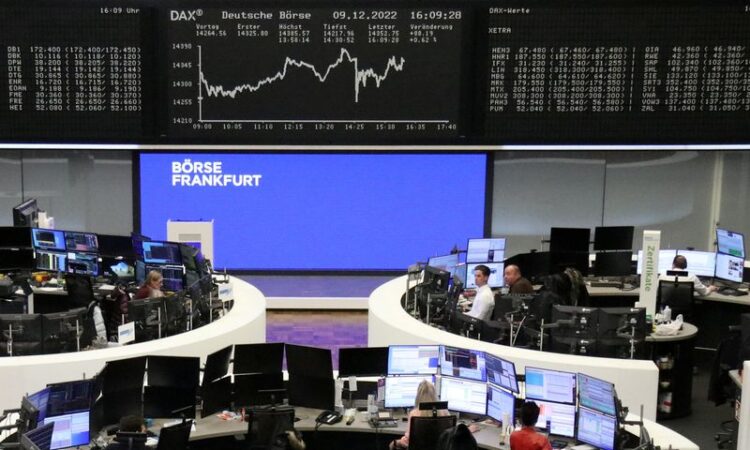
By Huw Jones
LONDON (Reuters) – European Union member states on Tuesday rejected plans to ban brokers earning fees in return for directing share trades to specific trading platforms, part of a sweeping stock market overhaul to compete better with post-Brexit London.
Payment for order flow (PFOF) drew scrutiny last year when an army of retail investors flocked to “meme” stocks on Wall Street, using brokers who touted for business by charging zero fees, making money by sending orders to an agreed venue for execution, rather than looking for the best prices.
The EU’s executive European Commission proposed a ban on such payments as part of its draft law updating the bloc’s securities rules, known as MiFID II to make it easier for companies to raise funds on markets.
But representatives from EU states on Tuesday rejected a bloc-wide ban.
“The regulation leaves a discretion to member states to allow this practice only on their territory,” a statement from member states said.
Earlier this month, the U.S. Securities and Exchange Commission also stopped short of a ban on PFOF and proposed more transparency.
EU states will now negotiate a final deal with the European Parliament on updating the securities rules, with further changes likely.
EU states also agreed to ease curbs on dark or off exchange trading, favoured by big investors who want to trade blocks of shares, to lift “the complexity and the burden of the system”.
The cap on dark trading would be raised to 10% of trading in a stock across the EU from around 8% previously, stopping short of a bigger easing that some EU states had wanted to avoid falling behind London, which has eased curbs on dark trading.
EU member states also backed European Commission plans for creating a series of close-to-real-time ‘consolidated tapes’ of stock and bond trades, long a feature of U.S. markets, to help investors find the best deals across a multitude of platforms.
Tapes should publish prices of executed trades, together with best bids and offers available at the time of a trade, as well as the European best bid and offers from the most competitive markets, EU states said.
Exchanges, which would be mandated to feed their market data to the tapes, have lobbied to stop the plans, arguing that tapes need only publish prices of executed trades with a delay.
Britain has also proposed a consolidated tape in its latest batch of financial reforms.
(Reporting by Huw Jones; Editing by Tomasz Janowski)






